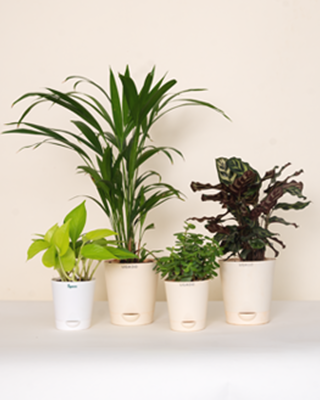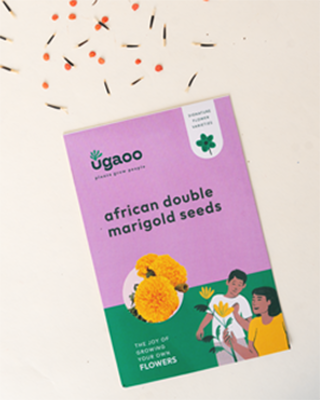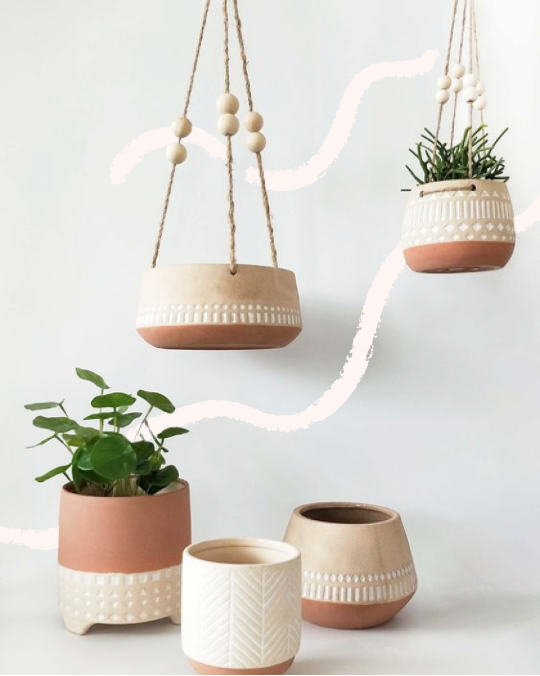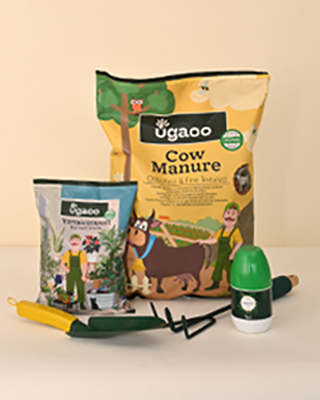Fallen leaves are often very troublesome. If collected on a lawn they can block the sun rays from reaching the grass and thus obstruct their growth. Usually considered as litter and dumped in the garbage the true potential of these leaves is untapped.
They are a natural resource that can be a real boon to gardeners. Below are the few uses of the foliage that will help keep your garden lush and green throughout the year!
• Fallen Leaves and Their Many Uses
1. Use the Leaf Mold

Leaf mold sounds like a weird idea, but it does miraculous things to your garden. Let the leaves decompose because when they do, they produce a fantastic earthy smell. Leaf mold does not produce that much of nutrients to the soil, but you can enhance the soil structure through these crumbly leaves. Leaf mold also attracts beneficial organisms that keep the soil healthy.
2. Compost Leaves
You can provide natural compost to your garden or enhance texture and elements to the soil. Leaves should be kept for drying which even a local waste disposal sites can do for you. When the leaves turn brown, they are just ready to be mixed with soil.
3. Leave Them on Their Own

Spread the fresh fallen leaves over the grass and allow them to dry. You can run lawn mowers over them to disperse and let the grass breathe. Slowly, the leaves will feed the grasses and improve the quality of soil that is constantly in flux. Not only this, when the fallen leaves form a layer they form an ecosystem. It is in this mini ecosystem animals and insects like earthworms, chipmunks, earthworms etc. thrive. If you rake and throw away the fallen leaves you may loose the pupae of the butterflies and in turn there will neither caterpillars not butterflies in your garden.
4. Use for Insulate Tender Plants
Fallen leaves can be used as insulation for the tender plants that do not like strong sunlight. They can be kept in planted containers after a temperature drop for the protection of the plants. When spring occurs, rake them and use them as compost. Compost leaves are a great, natural, and money-saving idea for gardeners everywhere. Understanding how to make compost from fallen leaves will help greatly with this process.
5. Use as Mulch

Mulch is one of the finest ideas for plant growth as it acts as a bed under which soil and plant gets proper nourishment. If you water the plants, the leaf mulch compost bed retains water and slowly takes them under the surface of soil. Mulch forms an airy cushion and attracts beneficial organisms to live under this shed. It also suppresses weeds and fertilizes the soil as they break down.














